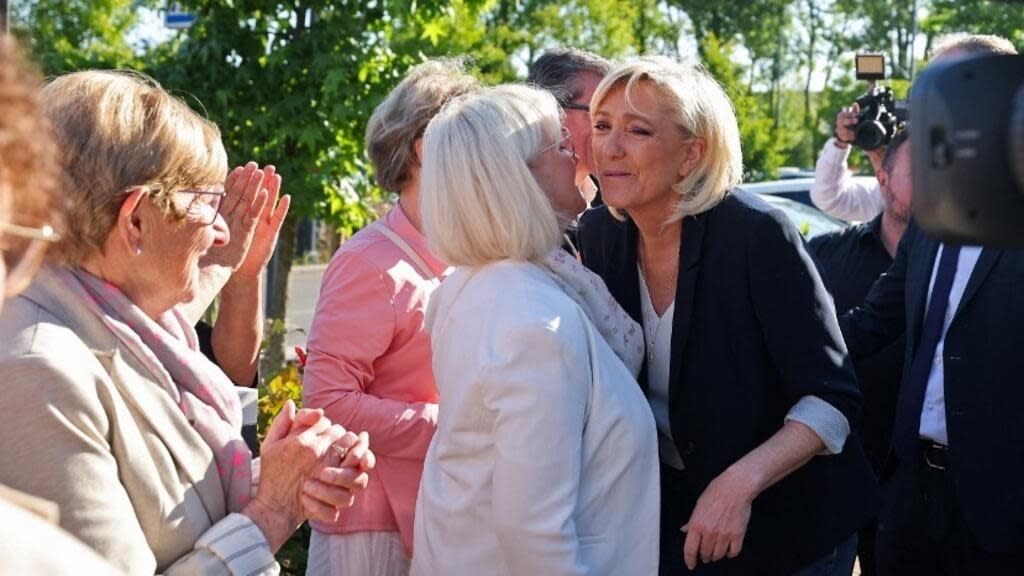How France's far-right National Rally finally hooked the women's vote

It came as little surprise when Marine Le Pen's National Rally (RN) won the 9 June European parliamentary elections in France, but the number of women backing the anti-immigration party – up 10 percent since 2019 – is a turnabout. Have women found a voice in the RN or are they, as some feminists suggest, being duped?
Almost as many women as men voted for RN candidate Jordan Bardella in the European polls – 30 percent compared to 32 percent, according to a recent Ipsos survey.
“It’s unprecedented,” says Erwan Lecœur, a sociologist specialising in the far right, and it marks the end of the “radical right gender gap”.
For decades women were less inclined to vote for the far right and one explanation was socio-economic. More likely to be dependent on welfare, women tended to favour leftist parties that traditionally defended a generous benefit system along with women’s rights.
In 2002 when the xenophobic, anti-Semitic leader of the then National Front, Jean-Marie Le Pen, made it through to the presidential runoff, he secured only 11 percent of the women’s vote, compared to 26 percent of men.
The change began slowly but surely when Marine Le Pen took over the party in 2011 and started rebranding its image. She ditched some of the old men for younger ones, denounced anti-Semitism and had an openly gay deputy at her side.
But the main reason is Le Pen’s programme.
Read more on RFI English
Read also:
French conservative party leader backs alliance with Le Pen's far-right National Rally
French president dissolves parliament after far-right National Rally's EU elections victory
Far-right National Rally surprises itself with record gains in parliament


